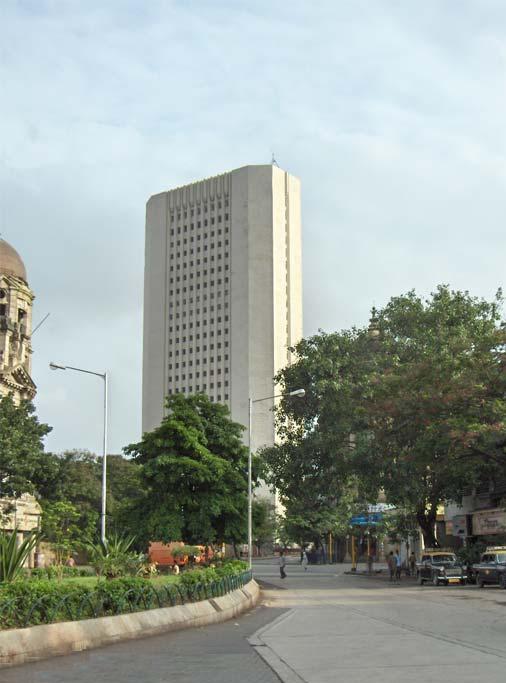BANKS
Who stands to gain if RBI panel proposals sail through
Here we present key recommendations of RBI panel and list out their implications for banking sector with respect to entry of corporate houses, NBFCs and other issues.
Here we present key recommendations of RBI panel and list out their implications for banking sector with respect to entry of corporate houses, NBFCs and other issues.

The RBI had constituted an internal working group on 12 June to review ownership guidelines and corporate structure of Indian private-sector banks.
Terms of reference included a review of the eligibility criteria for individuals/entities to apply for banking licences; examination of preferred corporate structure for banks; and review of norms for long-term shareholding in banks by promoters and other shareholders.
Here we present the key recommendations of the IWG and the views of ICICI Securities:
Large corporate/industrial houses may be allowed as promoters of banks only after necessary amendments to the Banking Regulation Act, 1949, and strengthening of the supervisory mechanism
View: If this happens, we could see stiff competition in the banking sector with large groups and deep pockets like Reliance, Tata, and Birla entering the banking space.
However, we believe this may not happen in the near term at least as changes in the Banking Regulation Act and other procedural matters may require time.
Also, the RBI has been very stringent on giving licence to large corporate houses due to their inter-linkages and diversified presence in various industries that may require higher supervision to avoid lending within the group.
The cap on promoters' stake in the long run (15 years) may be raised from the current level of 15% to 26% of paid-up voting equity share capital of the bank
View: If implemented, this would bring criteria for other banks on a par with Kotak Mahindra Bank, which was given an exception. This would be positive for IndusInd Bank as its promoters were looking to increase their stake (14.7% currently) but were unable to do so due to regulation while the bank was also in need of capital. Hence, this move addresses both concerns for IndusInd. It is neutral for Kotak Mahindra Bank.
Well-run large non-banking financial companies (NBFCs), with an asset size of Rs 50,000 crore and above, including those which are owned by corporate houses, may be considered for conversion into banks, subject to completion of 10 years of operations and other criteria.
View: This will allow large NBFCs who are willing to go for banking licences and have the desired criteria. We believe this would be a positive for companies like Bajaj Finance, M&M Finance, Shriram Transport and L&T Finance, who can apply for a banking licence if the opportunity materialises.
For payments banks intending to act as small finance banks, three years of experience as payments bank may be considered as sufficient.
View: This opens up a gateway for entities for journey from payments banks to small finance banks to universal banks, though it would be a long process. This could potentially increase competition, especially in the micro lending space.
Banks licensed before 2013 may move to an NOFHC (non-operative financial holding company) structure at their discretion. Once the NOFHC structure attains a tax-neutral status, all banks licensed before 2013 shall move to the NOFHC structure within five years from announcement of tax-neutrality
View: This implementation may not be so straightforward and immediate as the NOFHC structure to attain tax neutrality would require amendments in the Income Tax Act.
However, if implemented, banks like SBI and Kotak Mahindra would have to move into this structure as they have other businesses like insurance, AMC, securities, etc. Hence, there could be a chance of holding company discount even for banking business. No immediate impact for SBI, Kotak Mahindra and Axis Bank.
Banks currently under the NOFHC structure may be allowed to exit such a structure if they do not have other group entities in their fold
View: If implemented, this will be a positive for Equitas SFB, AU SFB, Ujjivan SFB, and Bandhan Bank as they can roll bank into a single entity and can get away with holding company discount. IDFC Ltd can also benefit if the AMC business is sold off.
The minimum initial capital requirement for licensing new banks should be enhanced from Rs 500 crore to Rs 1,000 crore for universal banks and from Rs 200 crore to Rs 300 crore for small finance banks.
View: If this guideline is implemented, it will increase capital requirement and can act as a small entry barrier. It is neutral for the sector.
